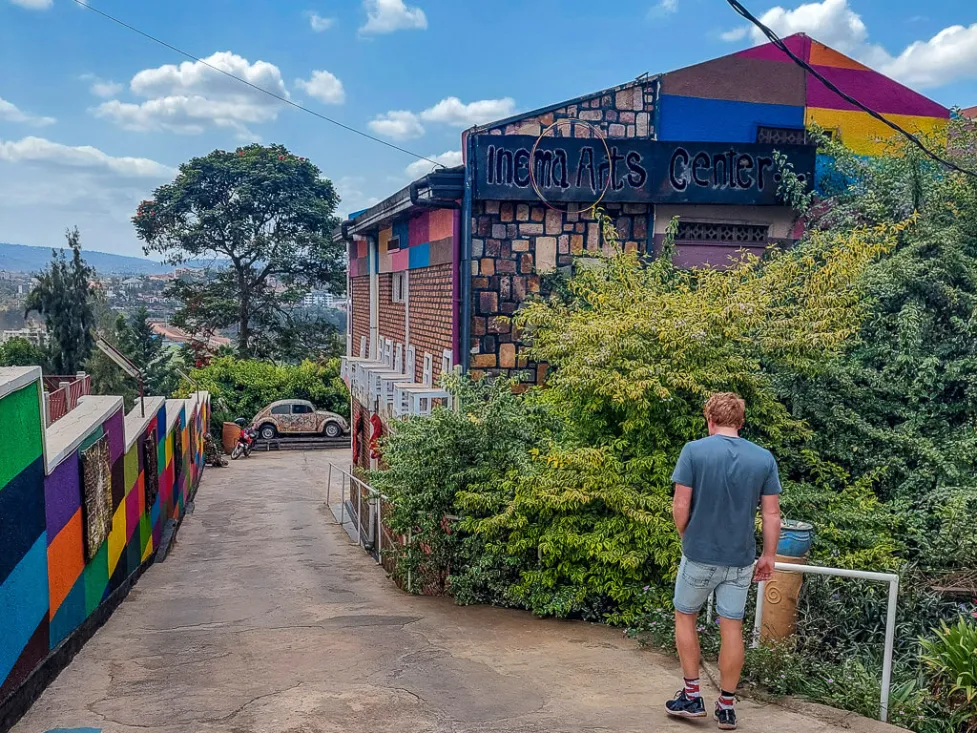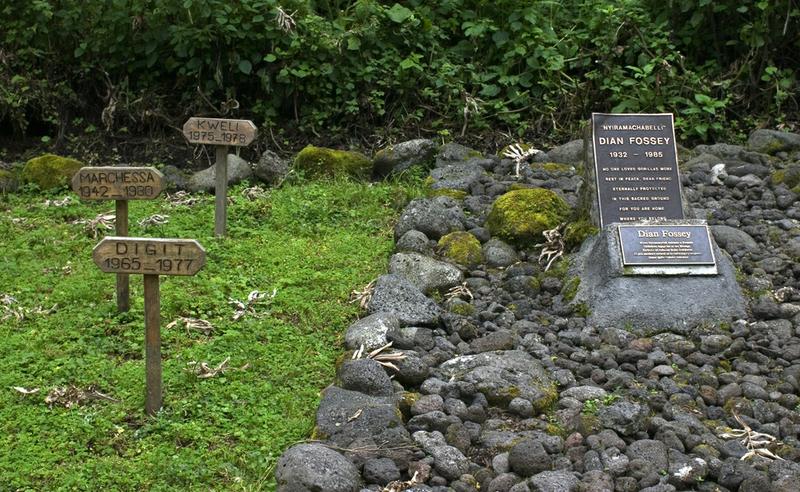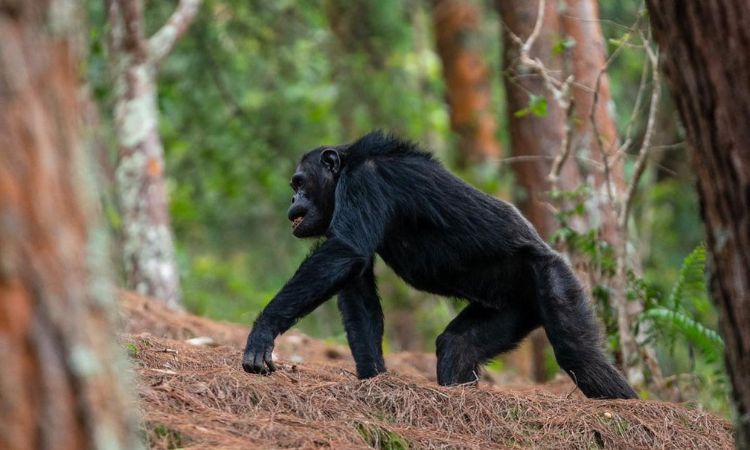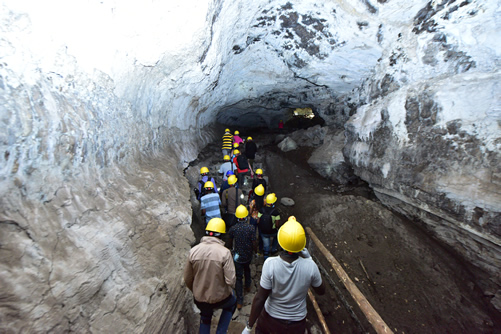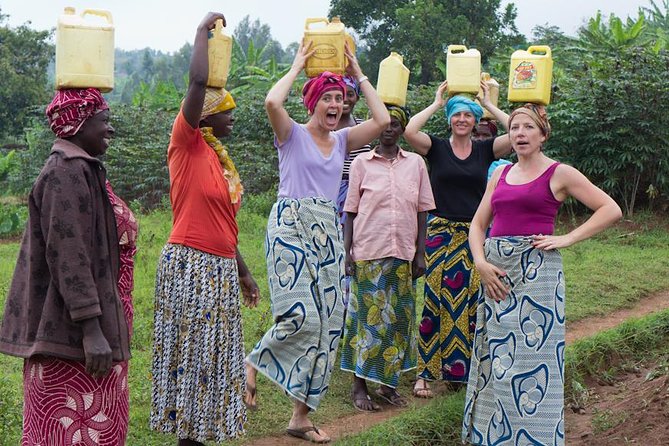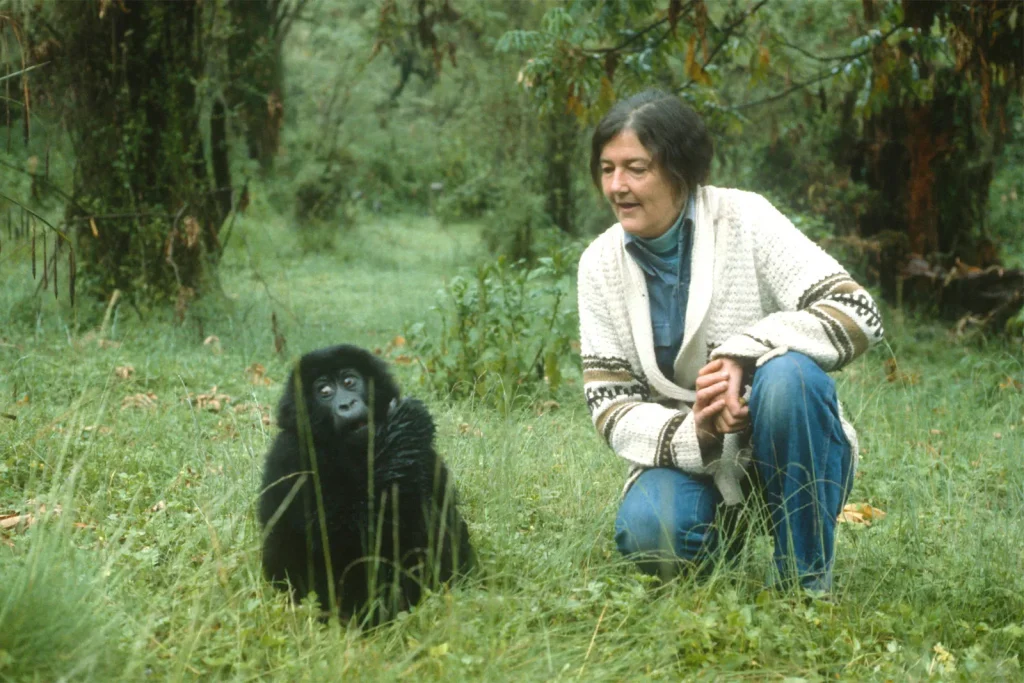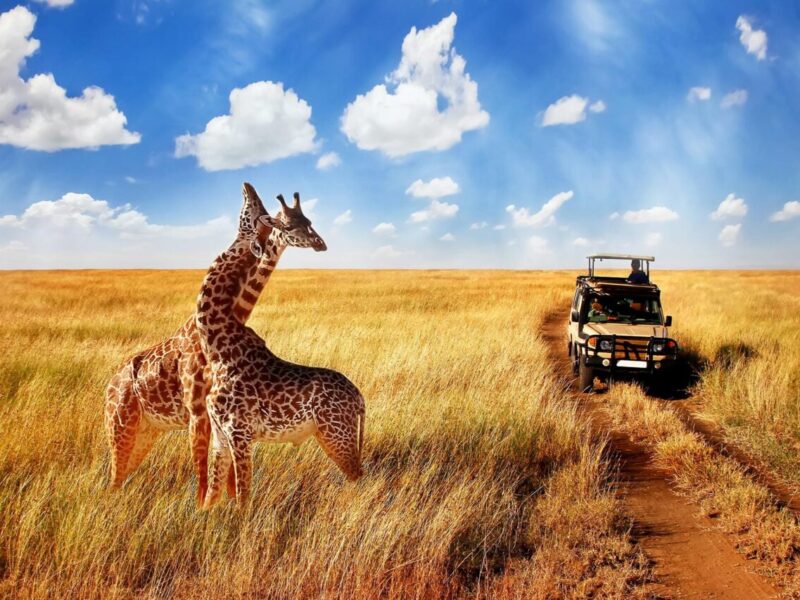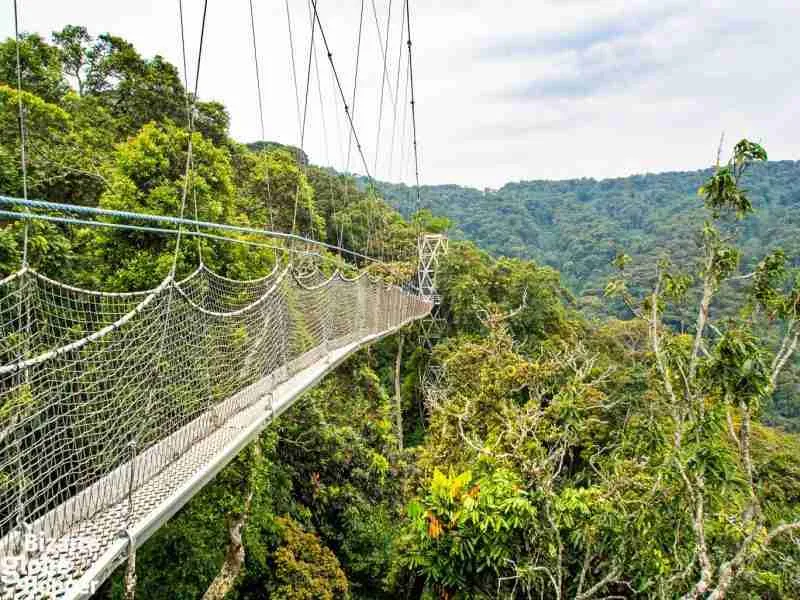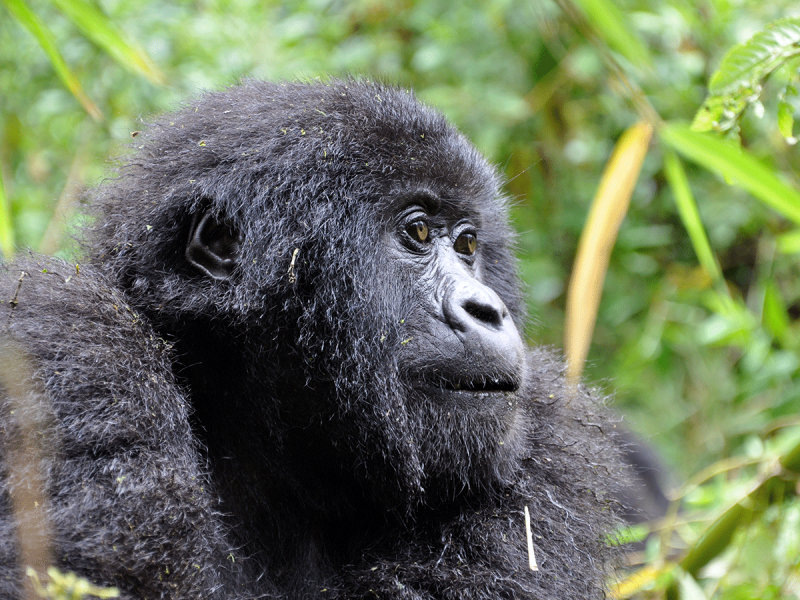Discover the Vibrant World of Inema Arts Center
Discover the Vibrant World of Inema Arts Center in Kigali with Universal Africa Safaris Rwanda, known for its breathtaking landscapes and rich wildlife, is also a hub of vibrant culture and artistic expression. One of the most prominent places showcasing this creativity is the Inema Arts Center in Kigali. This dynamic space is not only a gallery but a community hub that fosters artistic talent and cultural exchange. Join Universal Africa Safaris as we explore the Inema Arts Center, its role in Rwanda’s art scene, and the inspiring stories behind its inception. The Origins of Inema Arts Center Founding Visionaries The Inema Arts Center was founded in 2012 by brothers Emmanuel Nkuranga and Innocent Nkurunziza. Both self-taught artists, the Nkuranga brothers envisioned a space where Rwandan artists could create, exhibit, and collaborate. Their goal was to provide a platform for emerging artists to showcase their work and develop their talents, contributing to the growth of Rwanda’s contemporary art scene. A Community-Centric Approach Inema Arts Center was established with a strong focus on community engagement and social impact. The founders believed in the power of art to transform lives and communities, and they have since developed numerous programs aimed at empowering local artists, women, and children. This community-centric approach has made Inema a vital part of Kigali’s cultural landscape. Exploring Inema Arts Center A Hub of Creativity At the heart of Inema Arts Center is its vibrant gallery space, which features a rotating collection of contemporary artworks. Visitors can explore a diverse range of pieces, including paintings, sculptures, and mixed media installations. The center showcases the work of resident artists as well as guest artists from around the world, providing a dynamic and ever-changing artistic experience. Resident Artists Inema Arts Center hosts a group of resident artists who work on-site, creating and exhibiting their art. These artists are at different stages of their careers, from emerging talents to established figures in the art world. Visitors have the unique opportunity to meet the artists, observe their creative process, and gain insights into their inspiration and techniques. Art Classes and Workshops One of the key components of Inema’s mission is education and skill development. The center offers art classes and workshops for children, adults, and aspiring artists. These programs cover various disciplines, including painting, drawing, sculpture, and mixed media. By providing these educational opportunities, Inema nurtures the next generation of Rwandan artists and encourages artistic exploration within the community. Inema’s Impact on the Local Community Art with a Purpose Inema Arts Center is more than just an art gallery; it’s a catalyst for positive change. The center runs several initiatives aimed at empowering marginalized groups through art. One such program is the Art with a Mission initiative, which provides training and support to women from vulnerable backgrounds. Through this program, women learn to create and sell handcrafted products, gaining financial independence and improving their quality of life. Children’s Programs Inema Arts Center is deeply committed to fostering creativity in children. The center offers free art classes for local children, providing them with a safe space to express themselves and develop their artistic skills. These classes not only nurture creativity but also help build confidence and a sense of community among the young participants. Community Events Inema regularly hosts community events, including exhibitions, cultural performances, and interactive art sessions. These events bring together people from all walks of life to celebrate art and culture. They provide a platform for artists to share their work with a wider audience and for the community to engage with and appreciate contemporary art. Supporting Rwandan Artists Promoting Local Talent One of Inema Arts Center’s core missions is to promote Rwandan artists and provide them with opportunities to gain recognition both locally and internationally. The center organizes exhibitions, art fairs, and collaborations with galleries and institutions worldwide. These efforts help Rwandan artists reach new audiences and establish themselves in the global art scene. Residency Programs Inema offers residency programs for both local and international artists. These programs provide artists with the space, resources, and support they need to create and experiment. The residency programs foster cross-cultural exchanges and collaborations, enriching the artistic community at Inema and beyond. Visiting Inema Arts Center Location and Hours Inema Arts Center is conveniently located in the heart of Kigali, making it easily accessible for visitors. The center is open to the public from Tuesday to Sunday, allowing ample time for exploration and engagement with the art and artists. Guided Tours For a more immersive experience, Universal Africa Safaris offers guided tours of Inema Arts Center. Our knowledgeable guides provide insights into the artworks, the artists’ stories, and the center’s impact on the community. A guided tour enhances your understanding and appreciation of the art and the creative environment fostered at Inema. Special Events Keep an eye out for special events and exhibitions hosted by Inema Arts Center. These events often feature new collections, performances, and opportunities to meet the artists. Participating in these events provides a deeper connection to Rwanda’s vibrant art scene and the ongoing cultural dialogue. Conclusion The Inema Arts Center in Kigali is a beacon of creativity, community, and cultural exchange in Rwanda. With its dynamic gallery, resident artists, educational programs, and impactful initiatives, Inema plays a crucial role in nurturing and promoting Rwandan art. A visit to Inema Arts Center with Universal Africa Safaris offers a unique opportunity to immerse yourself in the vibrant world of contemporary Rwandan art, engage with the local community, and support the artists who are shaping Rwanda’s cultural landscape. Discover the transformative power of art at Inema and be inspired by the stories, creativity, and resilience of Rwanda’s artistic community.

